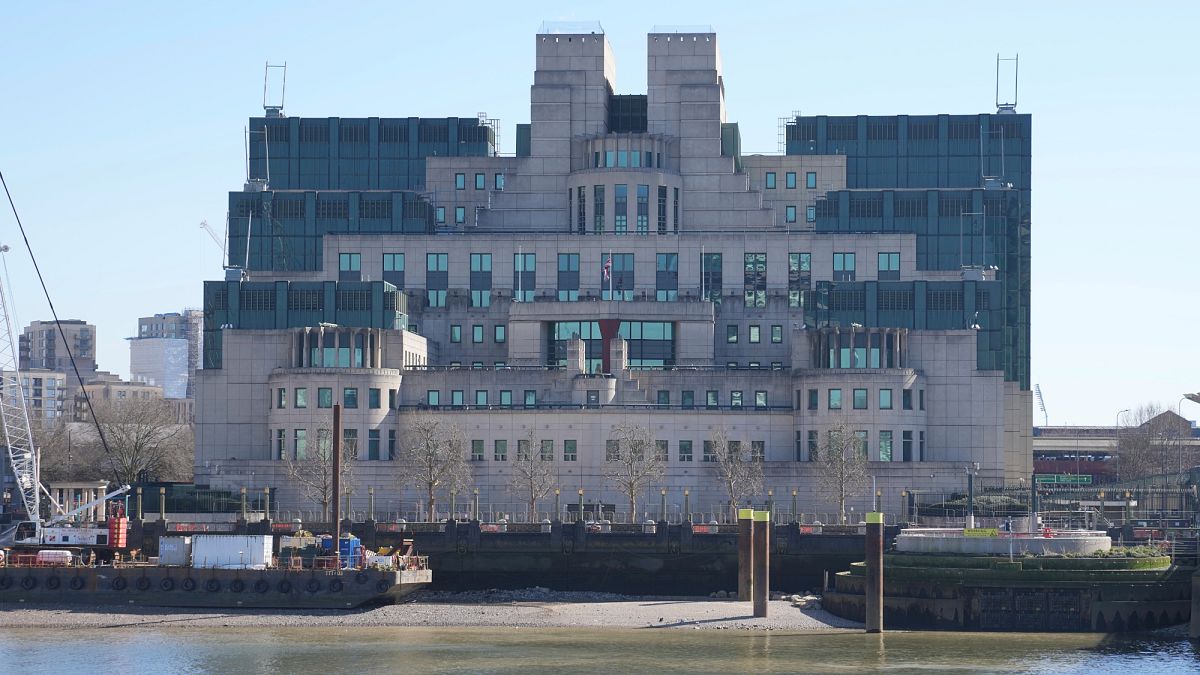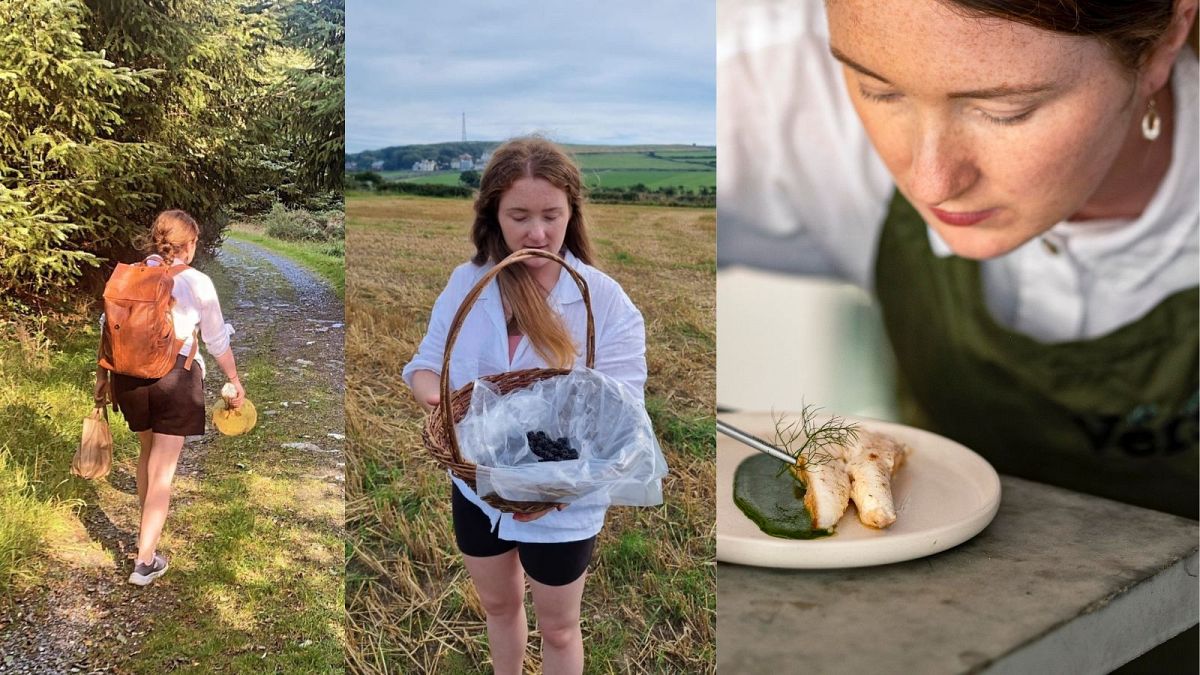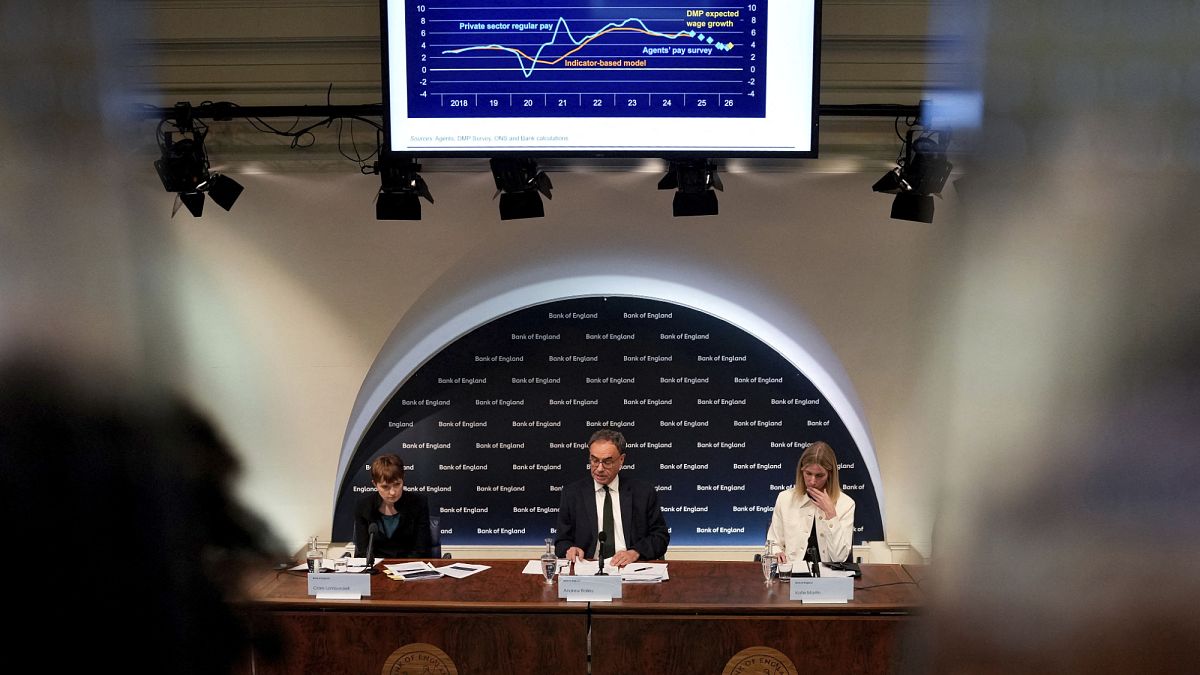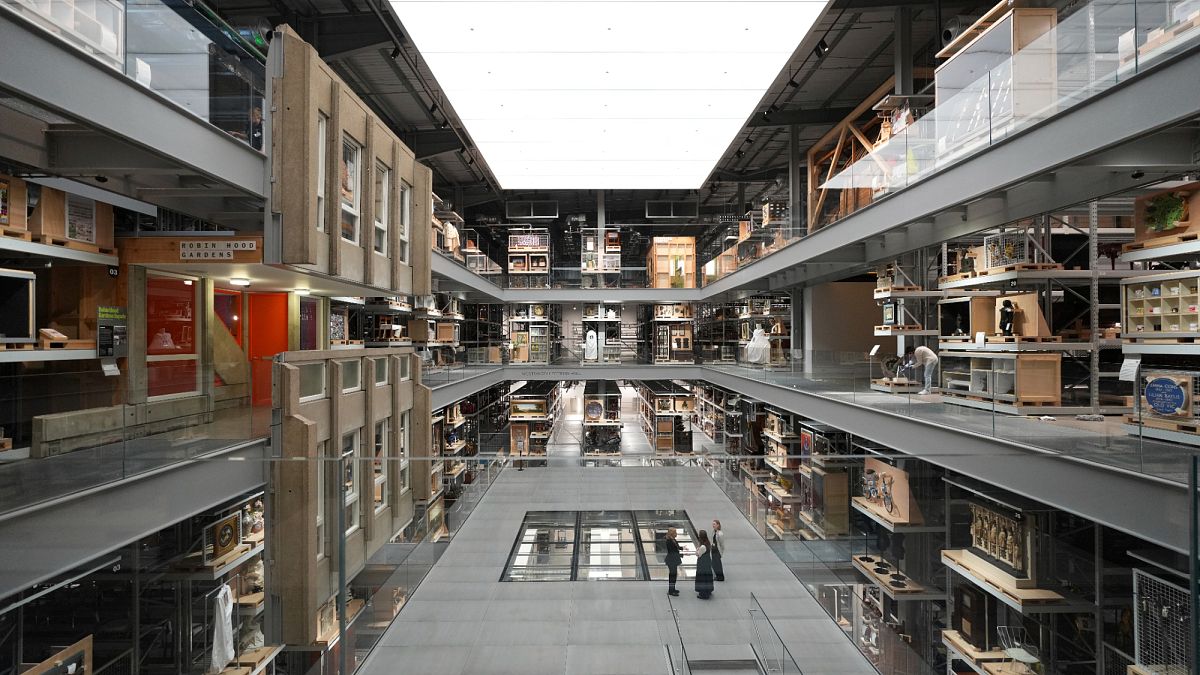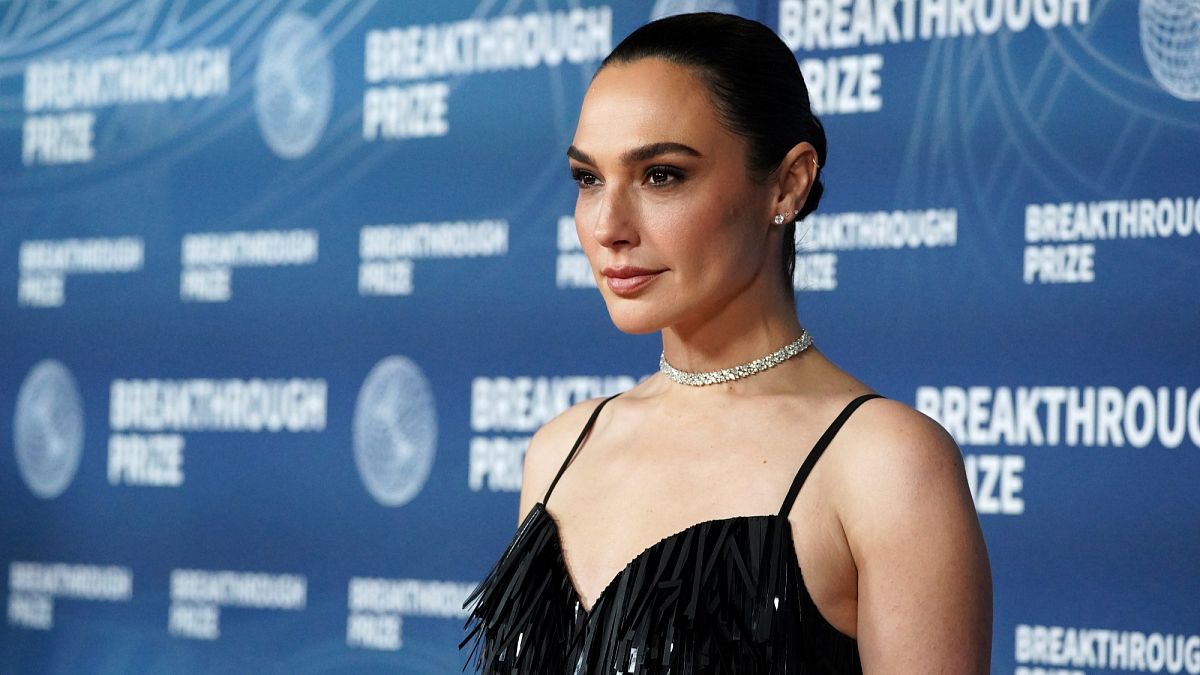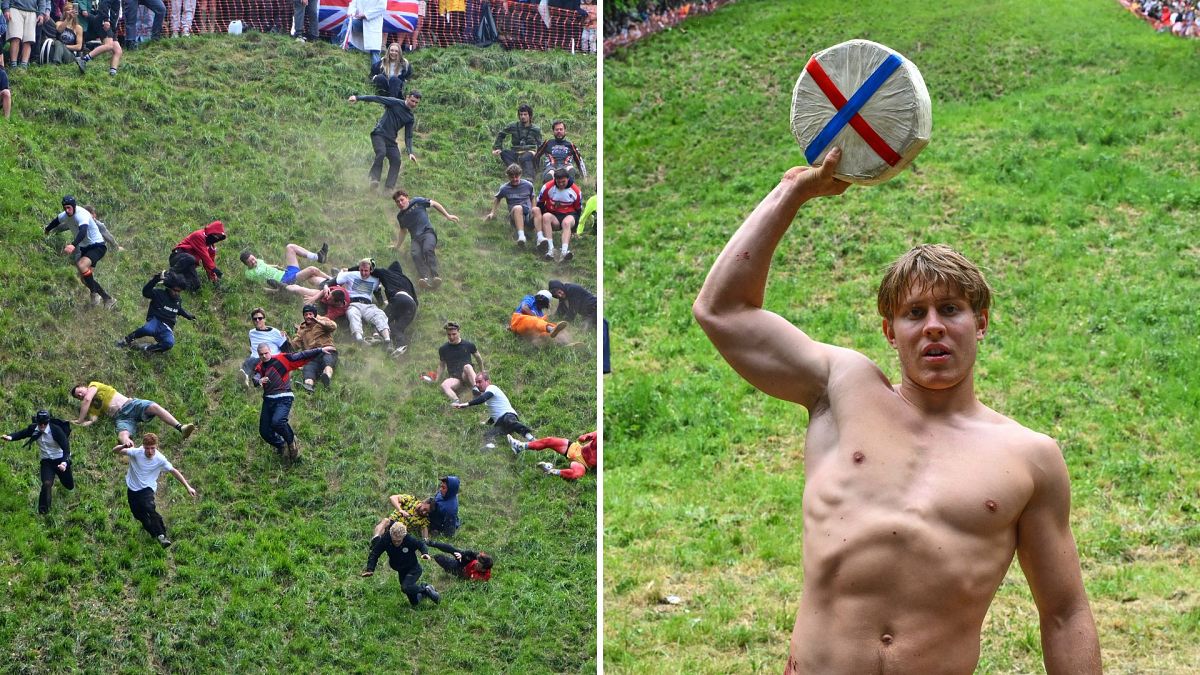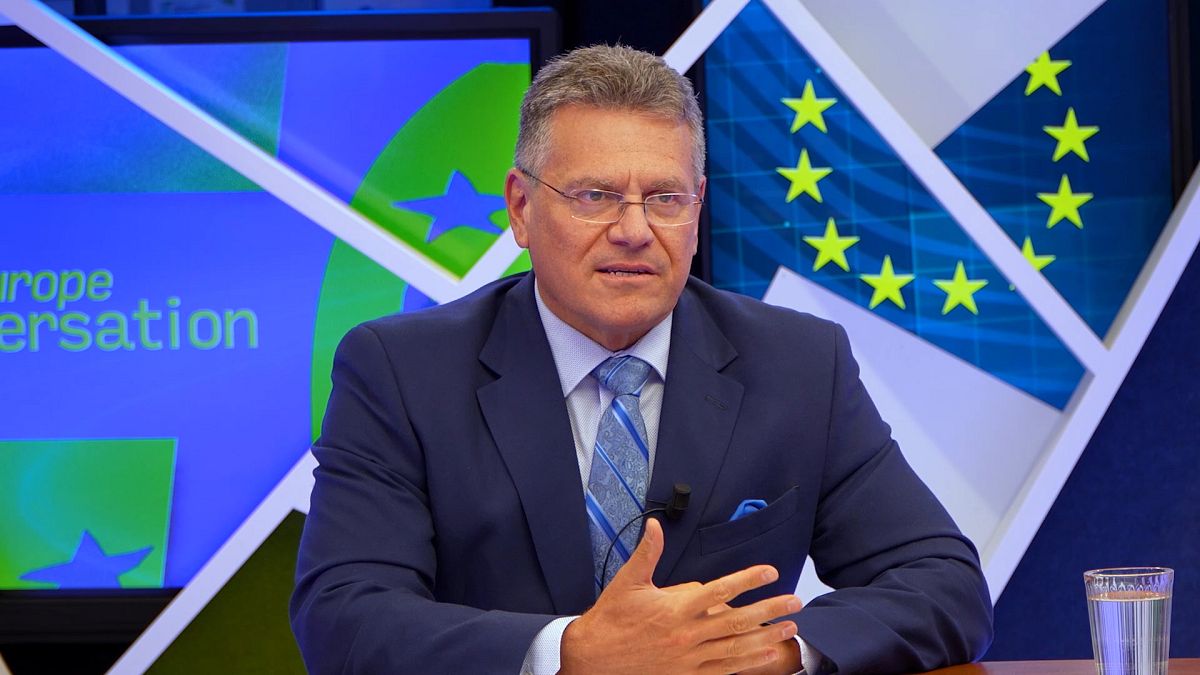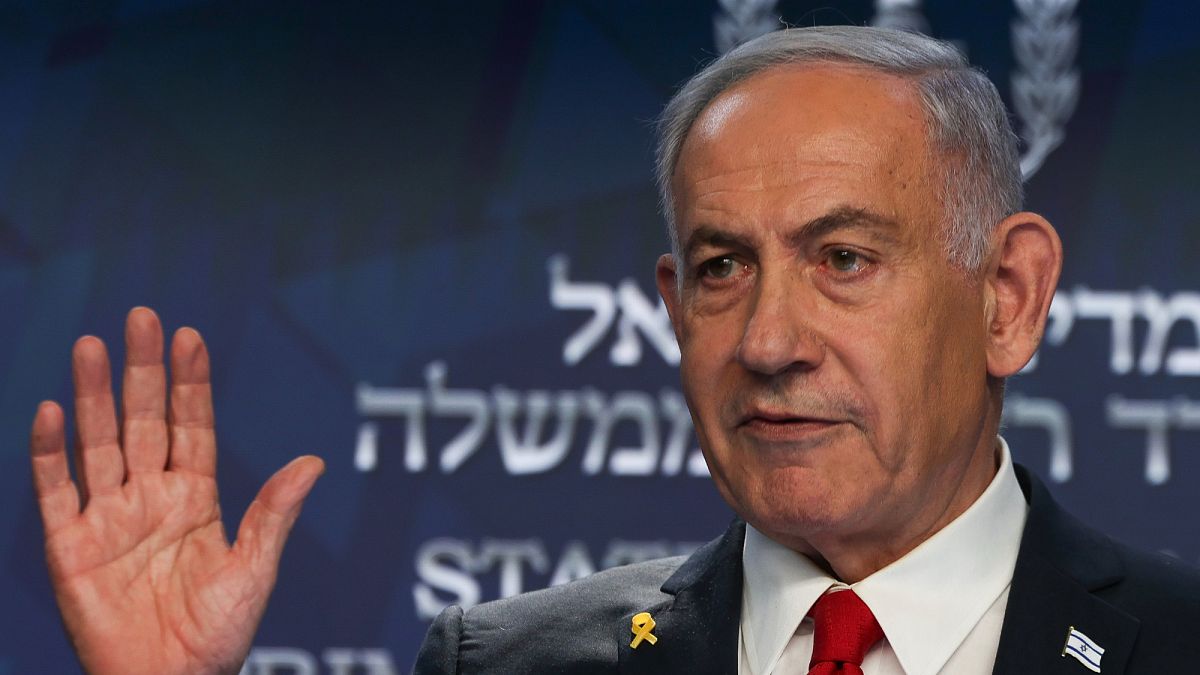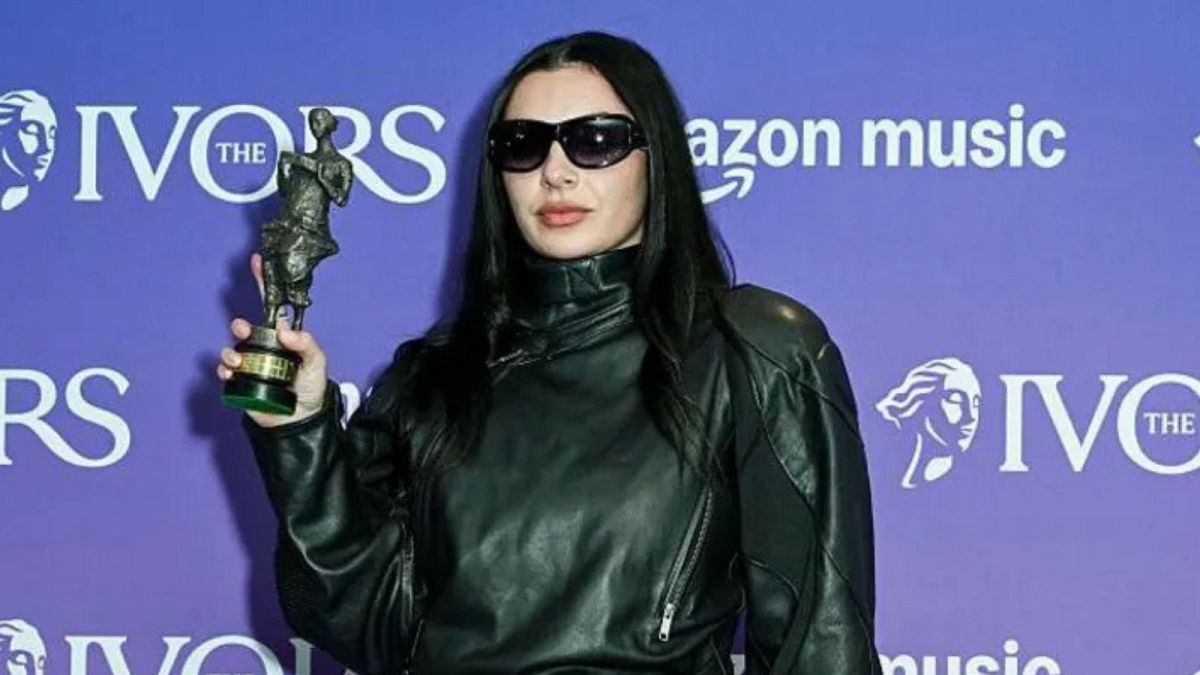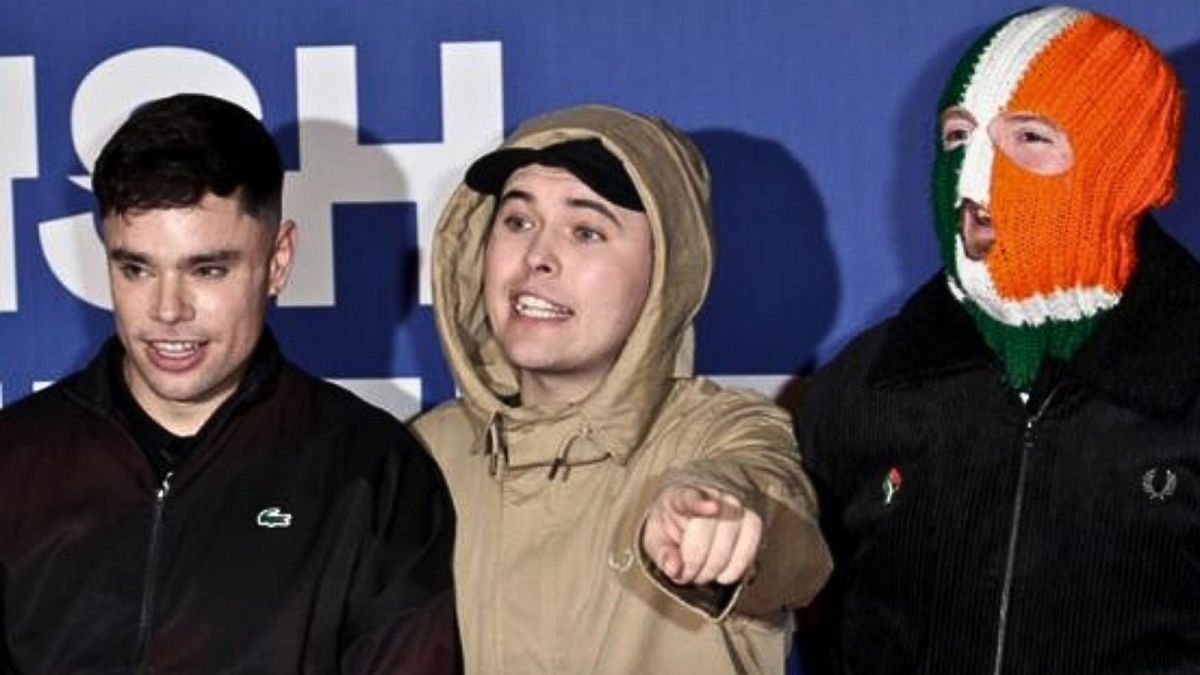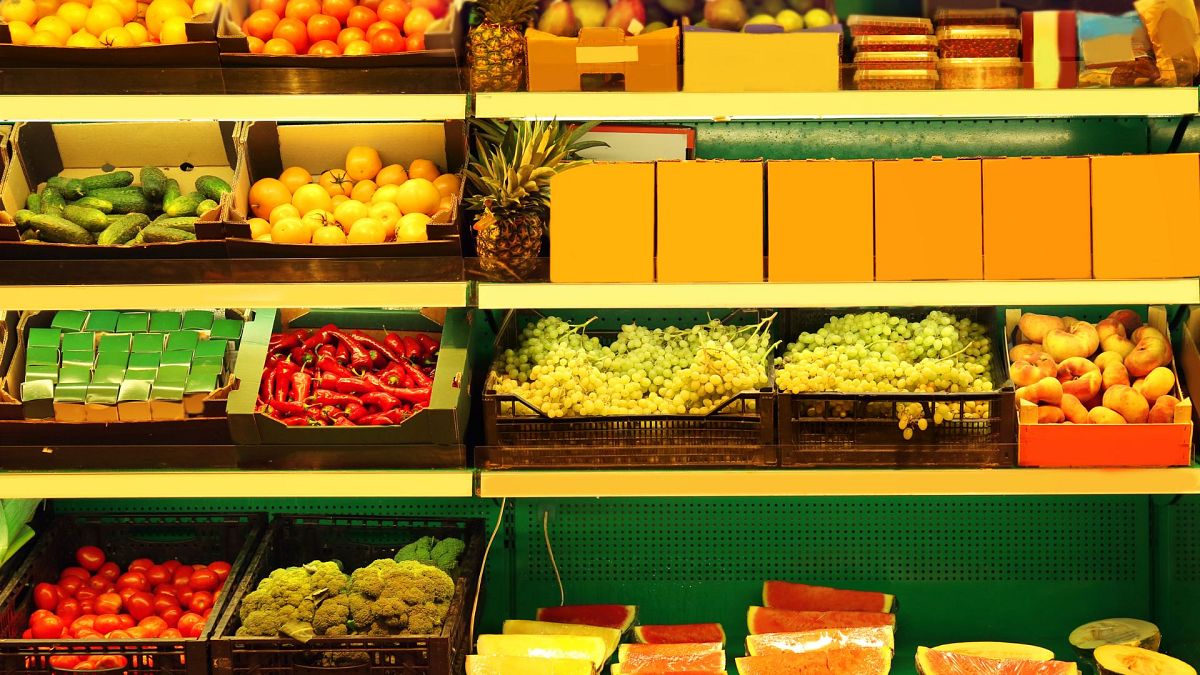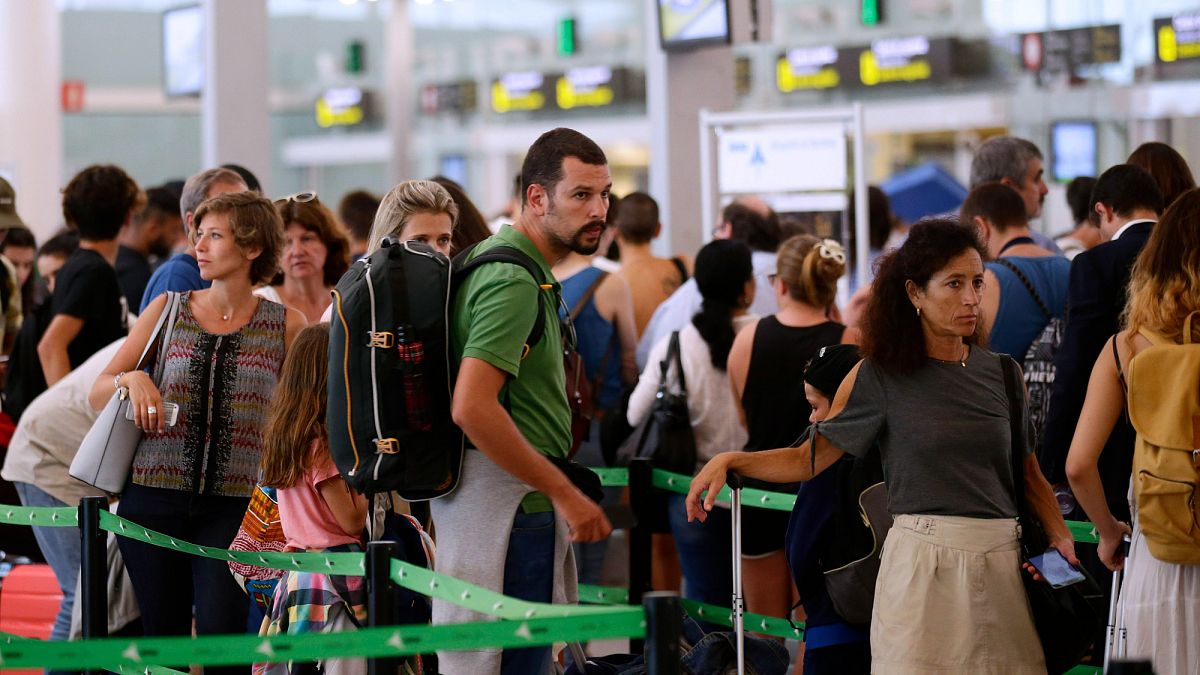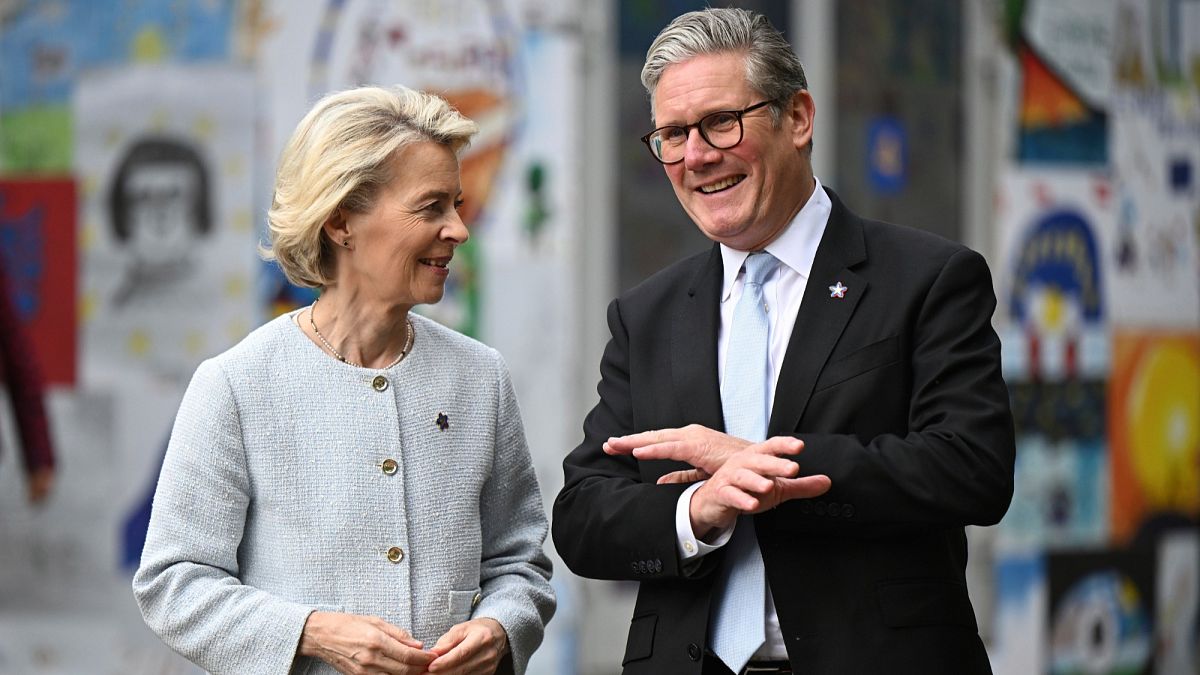Why the return of the Chagos Islands has left Chagossians unhappy
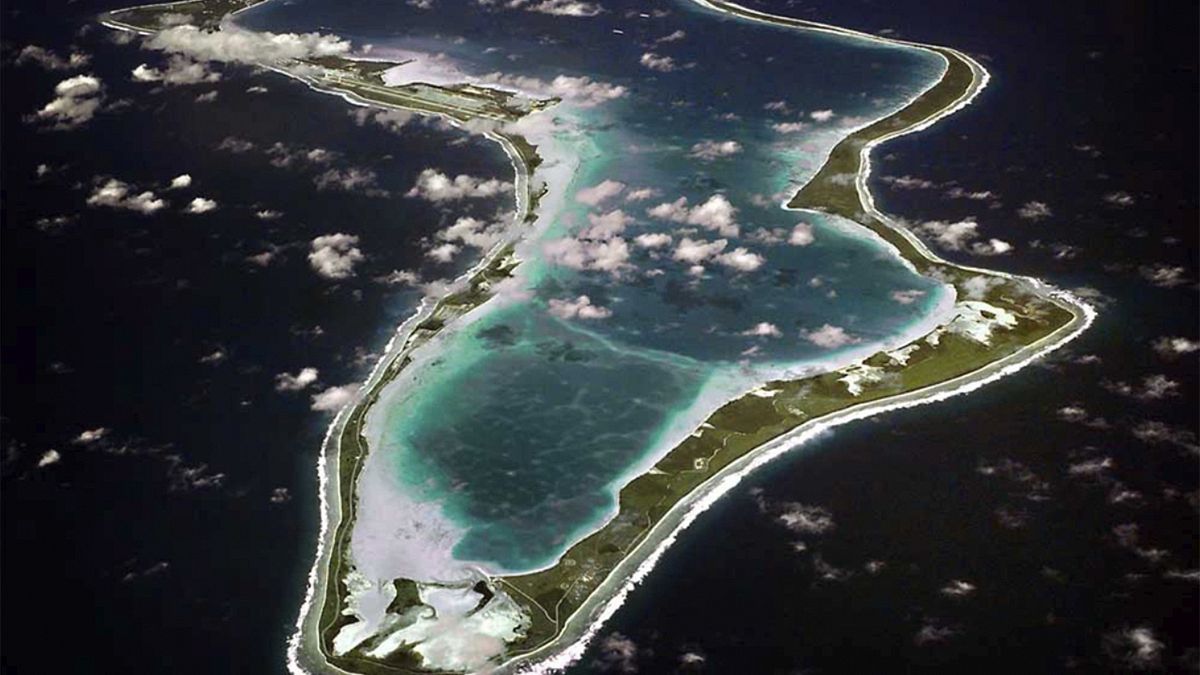
The UK will return the Chagos Islands to Mauritius, but Diego Garcia will remain under UK-US control. Chagossians, displaced decades ago, feel excluded from the deal.
As news broke out that the United Kingdom had made arrangements to hand over its last colony in Africa, very little was said about the people it drove out of the Chagos Islands during its centuries-long rule.
In a joint statement with Mauritius last Thursday, the UK government said negotiations had been conducted “with the intention of resolving all outstanding issues between the United Kingdom and Mauritius concerning the Chagos archipelago, including those relating to its former inhabitants.“
But this return isn’t the straightforward shift to self-rule that many former colonial territories have experienced, as the islands have a long, complicated history.
For one, both Britain and Mauritius have made claim to the islands, with its former inhabitants seemingly left out of negotiations for decades.
Furthermore, the new treaty would allow the vast military base on Diego Garcia, where most Chagossians are from, to remain under the joint UK-US control on a 99-year lease, keeping it off limits again.
The decision has been condemned by many in the Chagossian community, who have resided predominantly in Mauritius, the Seychelles and Britain, since their forced removal from the islands between 1965 and 1973.
And despite some positive changes, the call to lease Diego Garcia for another century or so has been described as “unconscionable” by Human Rights Watch.
“This would mean a clear continuation of the crimes that have been committed against the Chagos people,” Mausi Segun, executive director of Human Rights Watch’s Africa Division, told Euronews.
“It is the one place where most of the Chagossians who are still alive today were brought up, that’s where their ancestors, their deceased parents, relatives, are buried,” Segun added.
Why were the Chagossians removed from their islands?
The first inhabitants of the Chagos Islands were enslaved Africans, with the population shifting at the arrival of indentured Indians toward the turn of the 1800s.
Brought over to the islands by the French, following emancipation, they continued to produce coconuts on plantations for export.
In 1814, Britain moved to formally take possession of the Chagos Islands and nearby Mauritius from French rule. During this period, the islanders lived relatively undisturbed, self-sufficient lives.
Frankie Bontemps, a second-generation Chagossian now living in the UK recalls how his mother lived on the islands:
“They lived a simple life, but they were happy. They were happy and they didn’t have much material stuff, but they were happy with whatever they had,” Bontemps told Euronews.
But by the time Mauritius was preparing for its independence from Britain in 1968, alternative plans were being made to detach the Chagos archipelago from neighbouring territories.
As the Cold War with the Soviet Union intensified, the now-designated British Indian Ocean Territory (BIOT) became a key bargaining tool in the US-UK alliance.
Mauritian independence now hinged on their granting approval for the Chagos islands to be depopulated and handed over to the British, with the government arguing the Chagossians were simply labourers, so need not be consulted.
In a secret deal that would allow the US to build a key strategic military base on the largest of the islands — Diego Garcia — the population of the entire archipelago was forcibly removed between 1965 and 1973.
Requesting an “unpopulated” military stronghold to lease during the threat of nuclear war, they offered the British a $14 million (€12.8m) discount on Polaris missile systems in exchange.
In a time of global independence movements, the people of the Chagos Islands were now forced to rebuild their lives in Mauritius and nearby Seychelles.
“In Mauritius, we were always treated like second-class citizens, there was also a degrading term they used to call us “Ilois” in French, meaning everyone born on an island,” said Bontemps.
“Why do you think all of us came here to the UK? For a better future, better positions for our children, because the way we were treated, we knew that there’s no future for us there.”
“I’m not anti-Mauritian, but I’m against the establishment. The way they treat people,” he explained.
Despite the endless calls to return and rare visits in recent years, no Chagossians were able to live on the islands anywhere in the archipelago.
Now, Bontemps feels angry that like many of her generation, his mother was never able to fulfil her dream of returning to Diego Garcia, where she was born.
He feels voiceless and angry that this decision has been made without consulting the community.
‘They lived in paradise’
There was an attempt at small individual reparations from the British Government set up under a Mauritian statute in the 1980s. But the sums were caveated (in English) with an agreement never to return to the Chagos Islands.
British novelist Peter Benson was inspired to write about the plight of the Chagossians in the late 1980s after coming across a pamphlet by a freelance journalist called John Madeley entitled “Diego Garcia: a contrast to the Falklands”.
Benson recalls his anger at the British government’s contrasting foreign policy, later travelling to Mauritius in his twenties in the hopes of talking to the displaced Chagossians.
Since writing his fictional novel “A Lesser Dependency” (the name based on a phrase often used to describe the territories), in Benson’s eyes, the issue of Diego Garcia has failed to materialise in the popular consciousness.
“They lived in a paradise. It was amazing. It was beautiful, and it was just ripped away, and they’ll never get it back, you know,” he told Euronews.
“They just want to go back and pay respects to their ancestors, and they would be able to find their graves, but it would break their hearts to go back to look at what it’s turned into.”
What will the treaty mean?
In 2016, the UK government declared a package of £40 million (€47.8m) would be paid to further compensate Chagossians living in the UK, but made no mention of a return home.
Three years later, the ICJ ruled British occupation of the Islands unlawful, ordering them to be returned to Mauritius. Shortly after, a UN General Assembly vote overwhelmingly backed the condemnation of the British occupation of the archipelago.
Last Thursday, the UK government finally agreed to return the Chagos Islands to Mauritius in a landmark move.
The UK and Mauritius celebrated the announcement as “a seminal moment in our relationship and a demonstration of our enduring commitment to the peaceful resolution of disputes and the rule of law.”
The decision has also been welcomed by the African Union as a historic political agreement. Chair of the AU Moussa Faki Mahamat went on to describe it as a “major victory for the cause of decolonisation, international law, and Mauritian self-determination.”
Source: Euro News


